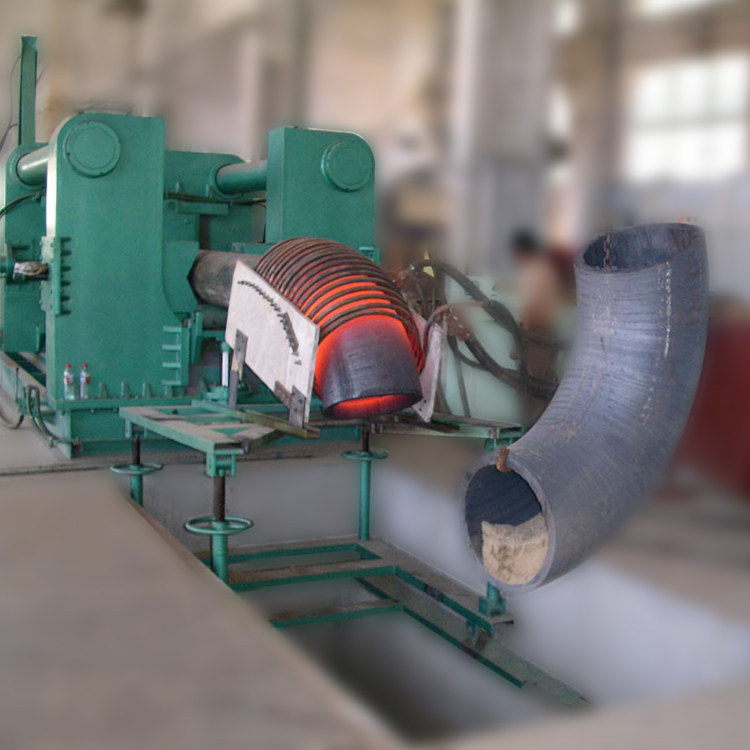Elbow fabrication requires the use of high-quality materials that have excellent properties in terms of mechanical properties, chemical properties, wear resistance and corrosion resistance. Below I will describe some of the commonly used materials in detail.
1. Stainless Steel: Stainless steel is an alloy material with corrosion resistance and oxidation resistance. Its main components are iron, chromium and a small amount of nickel. Stainless steel has good mechanical properties and strength and can be used over a wide temperature range. In the construction of the expansion elbow, stainless steel is often used in contact with liquids or gases to ensure corrosion resistance and hygiene.
(2) Carbon Steel: Carbon steel is an alloy steel containing carbon, with good mechanical properties and weldability. Carbon steel is widely used in high and high temperature environments, because of its poor corrosion resistance, usually need to be treated with corrosion protection.

3. Alloy Steel: Alloy steel is an alloy formed by incorporating other elements (such as chromium, nickel, molybdenum, etc.) into steel. Alloy steel has excellent mechanical properties and corrosion resistance, and can work in a variety of harsh environments. It is often used in the construction of expansion elbow machinery for parts requiring higher strength and wear resistance.
4. Copper (Copper) : Copper is a good electrical and thermal conductive material, with good toughness and corrosion resistance. Copper is often used in the fabrication of conductive parts to ensure the stability and efficiency of current transmission.
5. Aluminum (Aluminum) : Aluminum has good thermal conductivity and light characteristics, while having good corrosion resistance. In elbow manufacturing, aluminum is often used to make lightweight and heat-dissipating components.
Special Alloys: According to actual needs, special alloy materials can also be used in the construction of the expansion elbow mechanism. For example, titanium alloys have excellent strength and corrosion resistance and are suitable for applications in high temperature and corrosive environments.
In addition to the materials mentioned above, there are many other materials that can be selected according to specific needs, such as nickel alloys, plastics, etc. When selecting materials, it is necessary to comprehensively consider the working conditions, working medium characteristics and service life requirements of the expansion elbow machine to ensure the applicability and reliability of the material.
In short, elbow construction requires the use of high-quality materials that must have excellent mechanical properties, chemical properties, wear and corrosion resistance. Reasonable selection and use of materials will help improve the performance and reliability of the elbow machine.
For more knowledge about elbow machine, please pay attention to our website: http://www.fitting-equipment.com
|